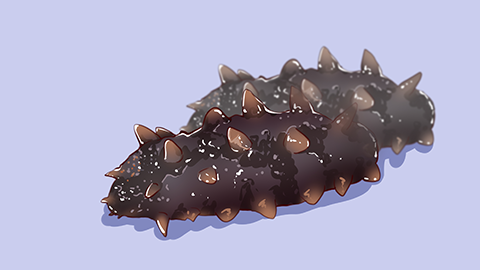Can shrimp and sea cucumber be eaten together?
In general, shrimp and sea cucumber can be eaten together. The detailed analysis is as follows:

Shrimp is rich in proteins, calcium, iodine, and other nutrients essential for the human body. These components play a positive role in enhancing immunity and preventing atherosclerosis. Meanwhile, sea cucumbers contain abundant proteins, minerals, vitamins, and various active ingredients, such as saponins and unsaturated fatty acids, which help maintain healthy skin, bones, and joints, while also lowering blood lipids and preventing cardiovascular diseases. Therefore, consuming shrimp and sea cucumber together can complement each other's nutritional components, providing more comprehensive nutritional support for the body and promoting overall health.
From a nutritional perspective, there is no conflict in combining shrimp and sea cucumber. The high-quality protein in shrimp can complement the collagen and other nutrients in sea cucumber, working together in the body to promote cell repair and regeneration and enhance immune function. Additionally, trace elements and minerals in shrimp can synergize with minerals and vitamins in sea cucumber to maintain normal physiological functions in the body. Thus, consuming shrimp and sea cucumber together does not cause adverse effects on the body; rather, it contributes to better health.
Both shrimp and sea cucumber are seafood products, and individuals with seafood allergies may experience allergic reactions, such as skin itching and swelling, after consumption. Therefore, it is important to understand one's allergy history and choose foods cautiously before consumption.







